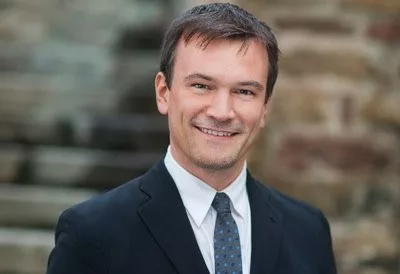The Swedish Trade Association for Online Gambling (BOS) has expressed its competition to the authorities’s memorandum presenting an growth in playing tax from 18% to 22%, beginning July 1, 2024. Representing twenty certified playing groups working in Sweden, BOS demanding situations this inspiration, bringing up its struggle with the authorities’s targets for a wholesome and steady playing marketplace.
BOS argues that elevating the playing tax ought to cause a lower in channelization to the regulated Swedish marketplace, inadvertently boosting the unlicensed playing sector. A better tax on certified playing could lessen its competitiveness as compared to unlicensed options, which may be extra attractive because of decrease or no taxation.
The idea of channelization, which displays the percentage of playing at the certified marketplace as opposed to the unlicensed marketplace, is critical. Sweden objectives for a 90% target, that means that handiest 10% of playing need to preferably arise out of doors the certified marketplace. However, BOS notes that current movements recommend the authorities is distancing itself from this target, probably undermining the efficacy of Sweden’s playing policy.
BOS’s issues enlarge to the affects on media and sports, which acquire vast investment from the playing industry. An growth in tax ought to cause decreased marketing and marketing and sponsorships, affecting those sectors and in the end harming the playing marketplace’s attractiveness. Additionally, BOS factors out the shortage of evaluation at the inspiration’s capacity outcomes on playing addiction, misplaced tax sales because of decreased channelization, and the general playing marketplace.
Referencing a examine through Copenhagen Economics, BOS highlights that the gold standard tax variety for Sweden’s situations is among 15-20%. Exceeding this threshold ought to cause decrease channelization and decreased long-time period tax sales. BOS urges the authorities to recognition on reforms that beef up channelization, cautioning towards entirely counting on repressive measures to exclude unlicensed operators. Repressive measures, they argue, need to supplement an inherently appealing certified playing marketplace, now no longer replacement for it.
In conclusion, BOS strongly recommends towards the proposed tax growth, advocating for a playing marketplace that stays attractive and aggressive even as adhering to regulatory goals.
“The authorities can hardly ever time its inspiration to elevate the playing tax to a worse time. We are in a state of affairs in which fewer and less gamers select to play at the secure certified marketplace, and increasingly more at the unregulated, unlicensed playing marketplace. That the authorities proposes to elevate the tax for certified playing is the first-rate Christmas gift you could assume of – to the unregulated and unlicensed playing marketplace,” says Gustaf Hoffstedt.


